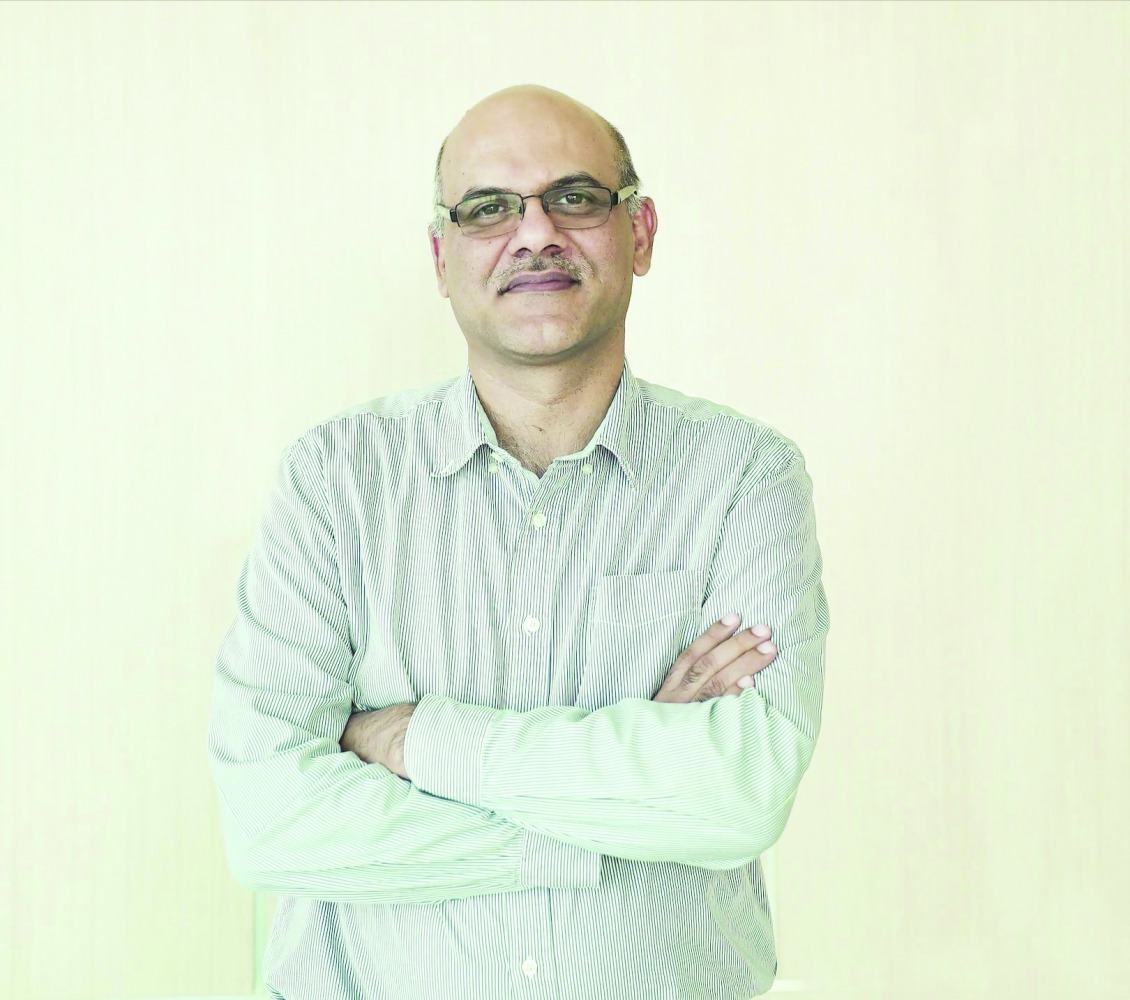
Dr. Tareq Al Ansari
Doha: The emerging field of artificial intelligence can help countries improve their food security, especially in places like Qatar that import majority of their food products from outside, according to Assistant Professor at Hamad Bin Khalifa University’s College of Science and Engineering, Dr. Tareq Al Ansari.
“While Qatar has significantly ramped up its production of vegetables, meat, and dairy products, a large percentage of our food products are still being imported. The availability and stability of food supply are still of particular concern. Therefore, it’s important to develop data-driven strategies to secure multiple sources from where food is acquired through robust and diversified supply chains,” said Dr. Al Ansari, whose research focuses on the water-energy-food nexus and sustainable development.
“There is a need for informed, insightful, and pre-emptive decision-making processes in the field of food security, and we strongly believe artificial intelligence (AI) can enable this and play an important role for a more sustainable and resilient future in the local food sector.”
Al Ansari is closely working with the Qatar Center for Artificial Intelligence (QCAI) at Qatar Foundation’s Hamad Bin Khalifa University (HBKU) to develop latest AI tools and technologies to enhance food production in Qatar.
This involves using satellite imaging through drones, data sets from large farms, and analysis of food supply chains to identify risks and opportunities.

Dr. Sanjay Chawla
“There is scope for new opportunities within the AI-enabled food system in Qatar, including (a) precision agriculture to manage large farms efficiently; (b) high-quality and nutritious crop breeding; (c) early warning of pest invasion and crop diseases, and (d) increased transparency in food supply chains, with waste minimization and reverse logistics,” added Dr. Al Ansari.
One of the projects QCAI and HBKU’s College of Science and Engineering are working collaboratively on is related to farm boundaries, which involves using AI to detect boundaries of farms and calculate crop yields. According to Research Director at QCAI, Dr. Sanjay Chawla, AI-generated data about food systems help governments around the world make wise decisions and policies.
“Reports about yield estimates are routinely created and sent to different government officials, aggregated up to the political leadership, and decisions made based on them, like what to import, how much to import, and how much export to allow,” said Dr. Chawla.
Dr. Chawla added that AI-based projections regarding food production and distribution are strengthened with the amount of real-time data they are based on. His team and peers at HBKU are actively fostering collaborations to aggregate more data in Qatar and strengthen its AI capabilities.
One such partnership is HBKU’s research collaboration with Norwegian-based firm Yara International ASA, the world’s leading crop nutrition company and provider of environmental solutions.
“We are developing automation and artificial intelligence systems with the support of Yara International through the ‘water saving greenhouse’,” said Dr. Al Ansari. “Data related to the micro-climate, plant health and diseases, and water-related parameters are being acquired. This will ensure high productivity of nutritious food in a resilient manner all year round.,” he said.
Dr. Al Ansari added that while Qatar is advancing in the field of AI and food security, there is still a lot more investment needed in this rapidly transforming field and various challenges to be tackled, especially in regard to overcoming data scarcity and accessibility in the region.




